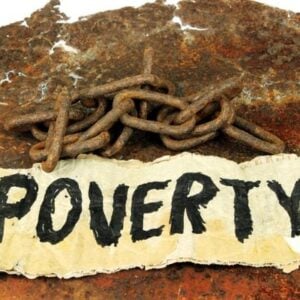Kuwait has called for intensified global efforts to eradicate poverty, promote equitable development, secure sustainable financing, protect the environment, and expand social safety nets. The appeal was made by Rashed S Al-Abhoul, Third Secretary of Kuwait’s Permanent Mission to the United Nations, during the general debate of the UN Second Committee on Economic and Financial Affairs.
Al-Abhoul emphasized that eliminating poverty in all its forms remains Kuwait’s top priority. Nearly a decade after the adoption of the Sustainable Development Goals (SDGs), only 35 percent of targets have shown tangible progress, while nearly half remain stalled and 18 percent have regressed below 2015 levels. He highlighted that the annual financing gap for achieving these goals has now exceeded $4 trillion.
On climate issues, Al-Abhoul warned that floods, droughts, and wildfires are causing severe economic losses, shrinking some economies by up to five percent annually. He called for a flexible and accessible climate finance mechanism, urging partnerships to accelerate development. He stressed the need for eased financing terms, debt relief, mobilization of humanitarian resources, and targeted investments in sustainable agriculture, food supply chains, innovation, and digital infrastructure. Al-Abhoul underscored that the current international financial system is ill-equipped to address modern challenges and requires comprehensive reform to become fairer and more transparent.
Highlighting Kuwait’s long-standing commitment to development cooperation, he cited the Kuwait Fund for Arab Economic Development, established in 1961, which has financed over 1,000 projects in more than 100 countries. Addressing the Middle East, he condemned ongoing human rights and environmental violations, particularly criticizing the use of starvation as a weapon against civilians. He called for the lifting of restrictions on humanitarian aid, safe delivery of assistance, and accountability for violations.
Al-Abhoul concluded by stressing that the next five years are crucial for achieving tangible, measurable progress on development commitments, emphasizing the need for urgent, coordinated international action on both poverty and climate.







